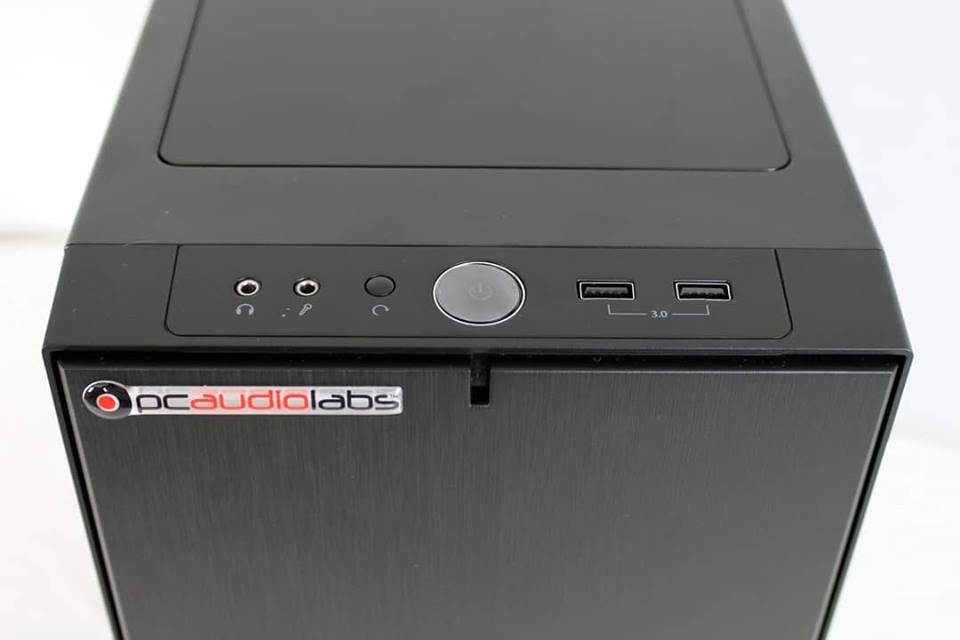What to Consider When Choosing a Music Computer: A Guide by PCAudioLabs
– A quad-core processor is recommended for running music software and plugins efficiently
– A minimum of 8 GB RAM is recommended, but 16 GB or more is even better
– A solid-state drive (SSD) is best for faster read and write speeds
– Consider an audio interface with compatible ports for your chosen interface, and multiple inputs and outputs for more complex recording setups
– Look for a display with a resolution of at least 1920×1080 pixels for easier viewing
– Consider whether you need a Mac or PC, depending on the music software you plan on using
– Prioritize a good warranty and support options offered by the manufacturer
When it comes to choosing a computer for music production, it can be overwhelming with so many options available. Music software and plugins require hardware that can handle their demands, and you want to ensure that your computer is up to the task. In this guide, brought to you by the experts at PCAudioLabs, we’ll discuss the top features you should consider when selecting a music computer.
Processor: The processor is the heart of your computer, and it is critical for running music software and plugins efficiently. A computer with at least a quad-core processor, such as an Intel Core i5 or i7, is recommended. The more cores your processor has, the better it can handle multiple tasks simultaneously, such as running multiple tracks and plugins.
RAM: Music production software can be memory-intensive, so it’s essential to have enough RAM to handle multiple tracks and plugins. A minimum of 8 GB is recommended, but 16 GB or more is even better. The more RAM your computer has, the smoother and more responsive your music software will be.
Storage: Large audio files can quickly consume storage space, so it’s best to consider a computer with a solid-state drive (SSD) for faster read and write speeds. SSDs are also less susceptible to data loss and more durable than traditional hard disk drives. You may also want to consider external hard drives for additional storage, which can free up space on your computer’s internal drive.
Audio Interface: If you plan on recording live instruments or vocals, you’ll need an audio interface to connect to your computer. Make sure the computer has compatible ports for your chosen interface, and consider whether you need multiple inputs and outputs for more complex recording setups.
Display: A high-resolution display can make it easier to see small details in your music software and help you work more efficiently. Look for a display with a resolution of at least 1920×1080 pixels, and consider a larger screen size if you plan on using multiple windows or applications at once.
Operating System: Different music software may have different requirements for operating systems, so you should consider whether you need a Mac or PC. While Macs are popular for music production, PCs can offer better value for money and more customization options.
Warranty and Support: Finally, consider the warranty and support options offered by the manufacturer. A good warranty can give you peace of mind and protect your investment in case of hardware failure, while good customer support can help you troubleshoot any issues that arise.
In conclusion, selecting a music computer requires careful consideration of several key features. The experts at PCAudioLabs recommend prioritizing a powerful processor, plenty of RAM, fast storage, compatible audio interfaces, a high-resolution display, and a reliable operating system, as well as a good warranty and support options. With these factors in mind, you can find the perfect music computer to help you bring your musical vision to life.
View our entire line of pro audio PCs by clicking here.

